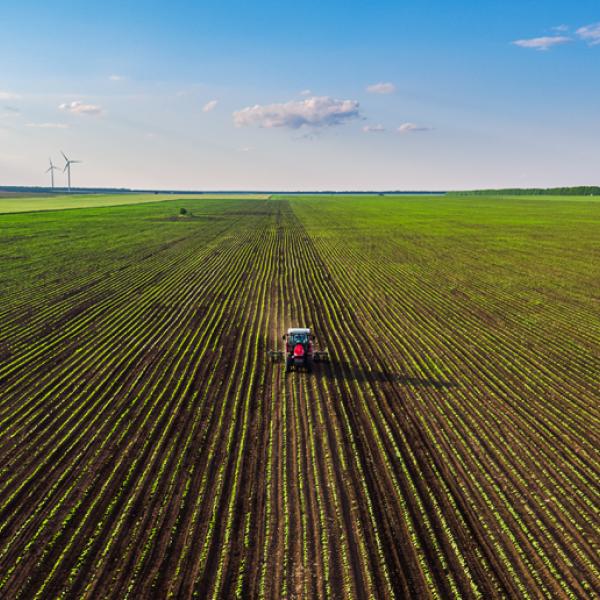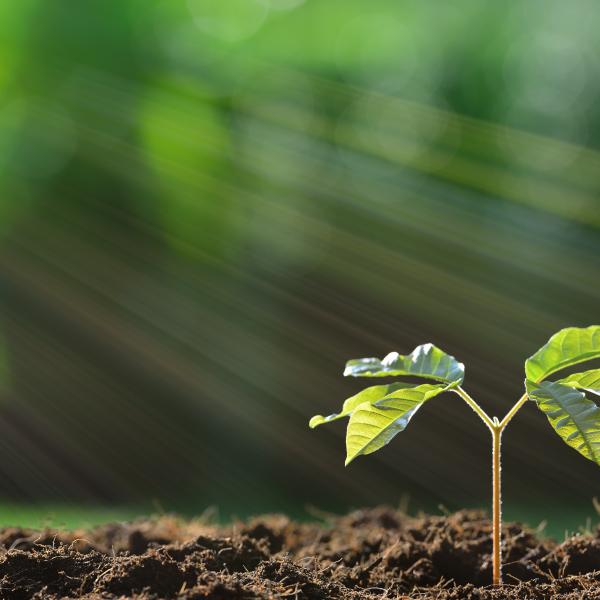For Navin Ramankutty it has been a great season for data. One of the University of British Columbia geographer's graduate students recently uncovered high-resolution agricultural census data from about 40 countries, including data for every single farm in some countries.
“It's a ton of information, it’s really exciting,” says Ramankutty, the Canada Research Chair in Global Environmental Change and Food Security.
Ramankutty’s Land Use and Global Environment research group is a global leader in developing sustainable agriculture data sets — ones that are delivering evidence-based insights for consumers, farmers and policy makers.
The research group is a training ground for a new breed of big data geographers, “harvesting data from around the world,” says Ramankutty, from satellite-based remote sensing to census and climate data.
Powered by a suite of CFI-funded high-performance computers, the researchers develop computational models to mine and map out the complex data.
Recently, PhD student Jordan Graesser used a trove of high-resolution satellite data of all of South America to develop a unique computer model, or algorithm, able to automatically identify individual farm fields.
“Using the model, he found that it’s increasingly large-scale agriculture that’s causing deforestation,” says Ramankutty.
Now, says the data farmer, they’ll use their latest crop of big data to examine for the first time questions related to global agro-biodiversity and climate resilience at the farm scale, such as what different farmers consider climate-related best practices.
“It's a perfect example of how sometimes new data comes along and you’re able to ask questions you've never been able to ask before,” says Ramankutty.
Return to the Feeding the country’s need for new knowledge in agriculture collection





